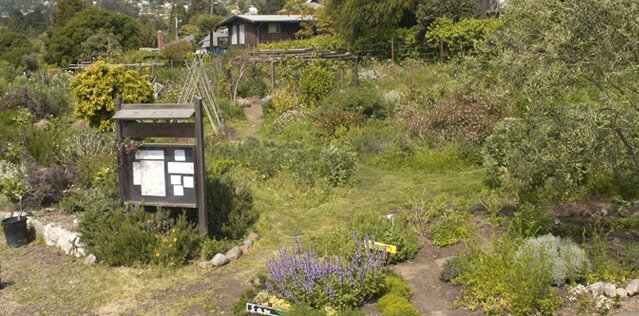

ART/CULTURE
Alice Waters' revolution in the schoolyard
Whether or not you are among the lucky ones who have dined at Chez Panisse, any food related movement familiar to you– from the locavore to Farm-to-table dining– probably has its roots in what Alice Waters started in 1971 with the restaurant Chez Panisse. Over the past few years, Waters has been on a fierce mission to expand her project, the Edible Schoolyard, from its small, local beginnings at a middle school in Berkeley into a national movement. She started the Edible Schoolyard as a way to teach children to grow and eat food through the work of sustainable farming. Alice shared her thoughts about the ideas she is trying to spread across the globe.
RSS Feed